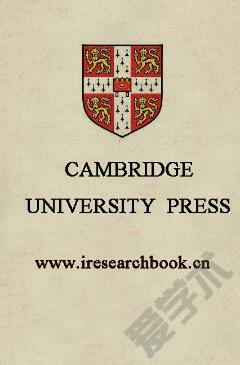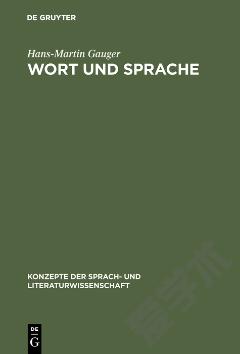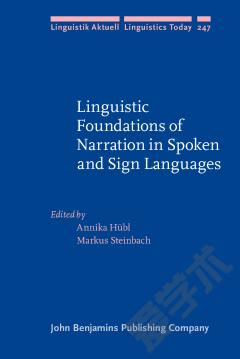Word and World: Practice and the Foundations of Language
This important book proposes a new account of the nature of language, founded upon an original interpretation of Wittgenstein. The authors deny the existence of a direct referential relationship between words and things. Rather, the link between language and world is a two-stage one, in which meaning is used and in which a natural language should be understood as fundamentally a collection of socially devised and maintained practices. Arguing against the philosophical mainstream descending from Frege and Russell to Quine, Davidson, Dummett, McDowell, Evans, Putnam, Kripke and others, the authors demonstrate that discarding the notion of reference does not entail relativism or semantic nihilism. A provocative re-examination of the interrelations of language and social practice, this book will interest not only philosophers of language but also linguists, psycholinguists, students of communication and all those concerned with the nature and acquisition of human linguistic capacities.
{{comment.content}}








 京公网安备 11010802027623号
京公网安备 11010802027623号